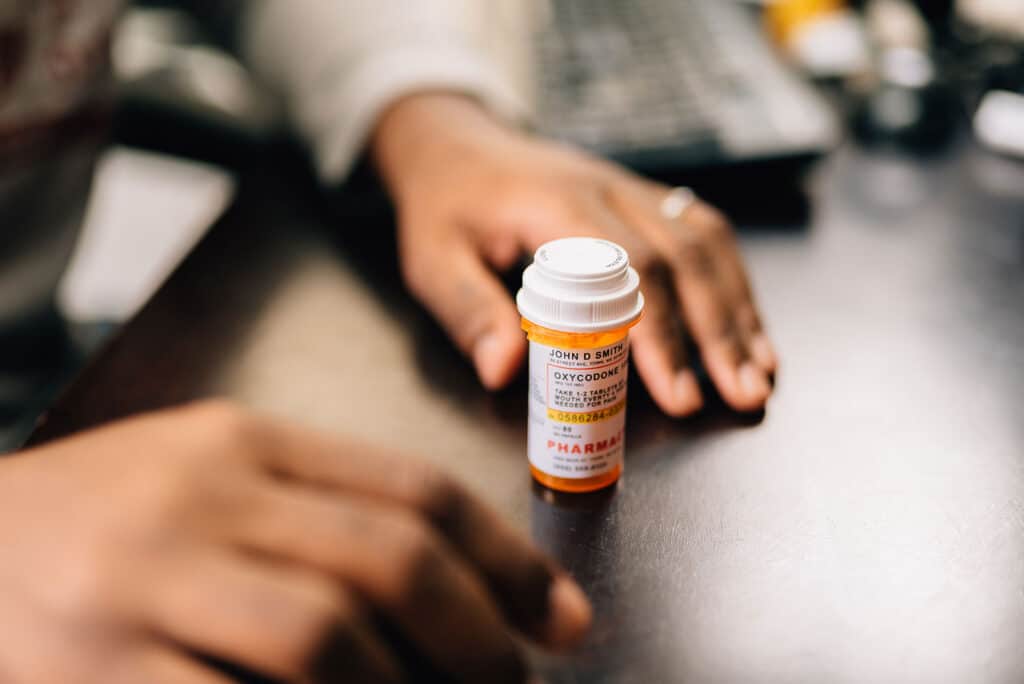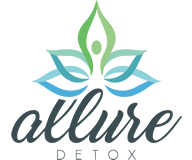Opioid addiction has been a rising risk in the United States since 2017, causing unwanted injuries and erratic behavior in affected patients. Opioid use disorder (OUD), is a chronic and relapsing disease that can affect anyone. In fact, millions of Americans suffer from opioid addiction.
As with any form of addiction, recognizing that opioid addiction is a mental health condition and selecting the most appropriate treatment are keys to an individual’s recovery.
This guide aims to educate on what opioid treatment programs are available to opioid-dependent patients, how to select the right program, and how to ensure consistent access to opioid addiction treatment.
Table of Contents
- 1 UNDERSTANDING OPIOID ADDICTION
- 2 TYPES OF OPIOID ADDICTION TREATMENT PROGRAMS
- 3 COMPONENTS OF EFFECTIVE OPIOID ADDICTION TREATMENT PROGRAMS
- 4 HOW TO CHOOSE THE RIGHT OPIOID ADDICTION TREATMENT PROGRAM
- 5 OVERCOMING BARRIERS TO ACCESSING OPIOID ADDICTION TREATMENT
- 6 PREVENTING OPIOID ADDICTION
- 7 FINAL WORDS
UNDERSTANDING OPIOID ADDICTION
Opioids lessen the pain signals from the body to the brain. Thus, they serve as painkillers for surgical procedures and chronic illnesses.
It’s a safe drug, but the high sensation from lessened pain is also why patients are at risk of overdependence. Some common forms of opioids include:
- Opium
- Fentanyl
- Heroin
- Methadone
- Morphine
According to an article by FamilyDoctor.org, opioid addiction symptoms include:
- Constant and uncontrollable urge to take the drug
- Suboptimal decision making
- Lowered motivation
- Mood swings
- Irritability
- Depression
- Anxiety attacks
- Withdrawal symptoms upon attempts to stop intake (sweating, nausea, shaking, fatigue, insomnia, etc.)
Opioid addiction often leads to opioid overdose and should be treated with urgency. Symptoms include:
- Loss of consciousness
- Slow and irregular/complete lack of breathing
- Slow and erratic/complete lack of pulse
- Vomiting
- Small and constricted eye pupils
TYPES OF OPIOID ADDICTION TREATMENT PROGRAMS
Based on the National Library of Medicine’s study, healthcare providers can choose a treatment program based on the patient’s situation and other immediate factors.

Inpatient Treatment
A hospital’s specialists in detoxification and psychiatry provide this confinement treatment. It lasts only for a short period.
This is best for severe cases that require immediate attention due to overdose, opioid withdrawal, cravings, comorbidity, and lack of positive response to other types of treatment.
Outpatient Treatment
Here, the patient signs a medical agreement to attend 9 hours minimum of weekly consultation and counseling with trusted healthcare providers.
This option is best for patients who are aware of their addiction and are willing to be treated.
Residential Treatment
Here, patients undergo a similar but less intensive process as inpatient treatment. The main difference is that they stay in reform homes for a set period until they are fit to return to society.
This is best for those who have undergone overwhelming substance use disorder. They may lack motivation or social support to stay abstinent by themselves but do not require hospitalization.
Partial Hospitalization Programs (PHP)/Intensive Outpatient Programs (IOP)
PHP and IOP are like outpatient treatment but with higher time demands (5-6 days per week).
This option works best for those with awareness and a lesser risk of relapse but with higher medical and psychiatric needs.
COMPONENTS OF EFFECTIVE OPIOID ADDICTION TREATMENT PROGRAMS
Let’s see what makes up a successful opioid addiction treatment program.
Medication-Assisted Treatment
According to the US Department of Health and Human Services, some prescription examples are methadone, buprenorphine (suboxone), naloxone, and naltrexone.
Methadone and buprenorphine affect the same brain areas as opioids but without the high sensation. They help heal by restoring balance.
Meanwhile, naltrexone helps stave addiction when taken along with opioids by removing the high sensation.
Evidence-Based Therapies
These are the best practices in helping patients deal with psychological issues. Psychiatrists employ one or more of these methods:
1. Cognitive-Behavioral Therapy (CBT)
Deals with overwhelming issues by breaking down present problems into solvable smaller sections, without having to bring up the past.
2. Dialectical Behavior Therapy (DBT)
Introduces coping mechanisms like accepting negative situations as chances for improvement and learning.
3. Motivational Interviewing (MI)
Used to aid patients’ transition while trying to commit to major life changes, by letting them decide the reasons for the change and reconfirming them through social communication.
There are three common settings under this method:
- Group or individual counseling
- Family therapy and support, where the patient’s family is included in discussions to solve grievances and improve relationships
- Relapse prevention and aftercare planning, where the patient can identify alternative solutions to managing their problems
HOW TO CHOOSE THE RIGHT OPIOID ADDICTION TREATMENT PROGRAM
The patient, their family, and their healthcare providers need to discuss several factors before deciding on the appropriate treatment program.
Assessing Individual Needs and Preferences
Each patient will require different levels of medical and psychiatric attention, and will also have varying opinions and willingness about getting treated.
Considering Location, Duration, and Cost
A patient and their family’s willingness to undergo treatment are often decided by their ability to commit resources (time, effort, and money) to any program.
A quick look at the available facilities suggests that inpatient and outpatient treatments often cost more, while residential treatment will need extended periods.
Researching and Comparing Different Programs
Best discussed with a psychiatrist, this matter is about scouting different facilities and services offered by a program. It also helps patients decide which methods they would be most comfortable with.
Seeking Guidance from Healthcare Professionals and Support Groups
Opioid addiction will always require professional medical and psychiatric guidance. A lesser-known fact, however, is that local government medical authorities and insurance providers are considered part of this support group.
OVERCOMING BARRIERS TO ACCESSING OPIOID ADDICTION TREATMENT
As you might already see from the previous section, there are a lot of issues when a patient needs treatment—which often leads to them refusing altogether.
These are some challenges the medical community faces when trying to make treatments attainable for those in need.
Addressing The Stigma
Human society often condemns any form of addiction as misconduct instead of a curable disease that needs attention and awareness. The solution is educating communities about addiction, addictive drug use, and appropriate treatment.
Expanding Insurance Coverage and Affordability
Few insurance companies and law amendments offer the financial assistance needed for treatment programs. The sooner improvements are applied to these systems, the sooner and easier it will be for patients to get treated.
Increasing Awareness and Access To Specialized Treatment Services
Schools, local governments, and medical authorities should engage the community in awareness and free/subsidized treatment programs.
Specialized treatment facilities and services must also be established in every city for patients and family members to consider.
PREVENTING OPIOID ADDICTION
Doctors are the first key factor in preventing opioid misuse. They should know about prescription opioid, and prescribing the right dosage and period of intake.
Families and communities play a part in educating individuals about the risks of addiction and opioid abuse.
Lastly, the patient taking opioids must be aware of its risk and recognize alternative pain management options. Some are through procedures (meditation, acupuncture, and massage), while others need prescriptions (ibuprofen, aspirin, and steroids).
FINAL WORDS
Thank you for reading our guide. If you think you, or someone you know such as a loved one, might be experiencing opioid addiction, please seek support for treatment options. You may reach us through our contact form.
Another resource is the Substance Abuse and Mental Health Services Administration (SAMHSA.gov) toll-free helpline to find drug treatment near you.
Related Articles
- Hysingla (Hydrocodone Bitartrate) Addiction
- Opioid Addiction & Abuse
- Medication-Assisted Treatment Program
- Dual Diagnosis Treatment
- Antidepressants
- Marijuana
- Kratom
- Alcohol Treatment
- Adderall Treatment
Published on: 2022-11-28
Updated on: 2023-11-08


